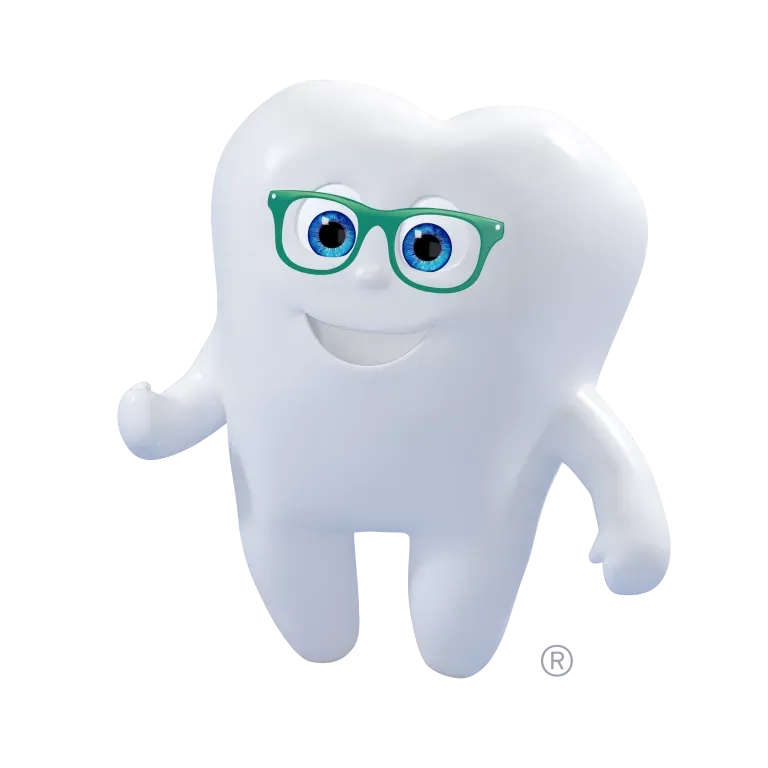For many of us, getting older can mean that, like clockwork, once every couple months, something random changes in our body.
A knee is suddenly cranky when it rains. Sleep schedule decides 3 a.m. is time to wake up. Or maybe after 40 years of making your world-renowned Texas chili, you can’t remember the not-so-secret, secret ingredient.
And the older we get, the easier it can be to just chalk up our body’s new quirks to the natural order of things and go about our day.
However, it may be wise to pay attention to what your body is saying. For example, have you felt like brushing your teeth has become uncomfortable? Maybe the toothpaste tastes different, your mouth feels sticky, and no amount of water seems to help.
What seems like just a case of your morning ritual being off could be a case of xerostomia (dry mouth).
Dry mouth, defined
Without going into too many details, saliva is like your mouth’s personal cleaning crew. It neutralizes acids, washes away food particles, and provides minerals that strengthen teeth. When the cleaning crew doesn’t quite show up for work (or doesn’t do it up to standard), dental problems such as tooth decay and a variety of oral infections can arise.
Common causes of dry mouth
First thing’s first … as something that can affect people over a period of time, dry mouth can be more than just an inconvenience. Moreover, in some cases, it can also be caused by an underlying health issue such as cancer therapy, diabetes, Alzheimer’s or stroke.
Other reasons could be from mouth breathing, snoring, alcohol or tobacco use. On top of that, more than 500 medications can reduce saliva production.
And for retirees, it can be even more important to pay attention to the signs. As we age, we need more water. Common reasons are that we tend not to be as hungry or drink as much as we once did, and our bodies also don’t regulate temperature as well as it once did when we were younger.
Because of all these factors, up to 40% of older people may be chronically dehydrated.
Signs of dry mouth
Here are some of the common signs of dry mouth.
- Dry or sticky feeling in your mouth
- Thick, stringy saliva
- Bad breath
- Difficulty chewing, speaking or swallowing
- Dry or sore throat and hoarseness
- Dry or grooved tongue
- Foods and drinks taste different
- Problems wearing dentures
The hidden culprit
Medications for chronic conditions — high blood pressure, depression, Parkinson’s — can trigger dry mouth, so it’s important to be mindful of what you’re taking. Common medications, such as antidepressants, blood pressure treatments, and even allergy medications can impact your saliva production. That’s why it’s important to always check with your health care provider about any side effects. To learn more about how medications can impact oral health, check out our recent article on it.
Maintaining oral hydration — some practical strategies
Keeping your mouth hydrated can be easier than you might think. In fact, here are five simple ways you can help keep your mouth hydrated.
- Use over-the-counter oral moisturizers like specialized sprays or mouthwashes.
- Chew sugar-free gum or lozenges to stimulate saliva production, particularly those containing xylitol.
- Install a humidifier to add moisture to your environment, especially during sleeping hours.
- Drink water consistently throughout the day, carrying a water bottle as a reminder.
- Avoid beverages that can further dehydrate, such as caffeine and alcohol. Consider herbal teas or water infused with fruits for variety and additional hydration.
By taking a proactive approach to maintaining good oral health, you can help protect yourself from a host of issues later on down the line.
For retirees, it’s important to pay attention to the subtle cues our bodies are telling us. And remember … your mouth tells a story. Listen carefully and be sure to speak with a health care professional if you have any questions or concerns.
In the market for dental insurance?
If you or a loved one are shopping for dental insurance, look for coverage that:
- Has no annual maximum on the cash benefits you can receive
- Has no deductible
- Gives you the freedom to see any dentist — and enjoy savings from network providers
- Provides immediate benefits for preventive and basic care
- Pays benefits for a wide range of dental procedures … from cleanings and fillings, to crowns, root canals, and dentures
- Has guaranteed acceptance regardless of your dental health
You may also like …
3 min read












